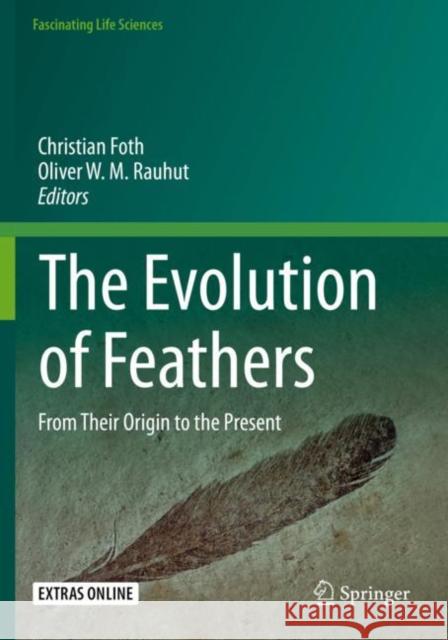The Evolution of Feathers: From Their Origin to the Present » książka
topmenu
The Evolution of Feathers: From Their Origin to the Present
ISBN-13: 9783030272258 / Angielski / Miękka / 2021 / 243 str.
The Evolution of Feathers: From Their Origin to the Present
ISBN-13: 9783030272258 / Angielski / Miękka / 2021 / 243 str.
cena 442,79
(netto: 421,70 VAT: 5%)
Najniższa cena z 30 dni: 424,07
(netto: 421,70 VAT: 5%)
Najniższa cena z 30 dni: 424,07
Termin realizacji zamówienia:
ok. 16-18 dni roboczych.
ok. 16-18 dni roboczych.
Darmowa dostawa!
Kategorie:
Kategorie BISAC:
Wydawca:
Springer
Seria wydawnicza:
Język:
Angielski
ISBN-13:
9783030272258
Rok wydania:
2021
Wydanie:
2020
Numer serii:
000799451
Ilość stron:
243
Oprawa:
Miękka
Wolumenów:
01











